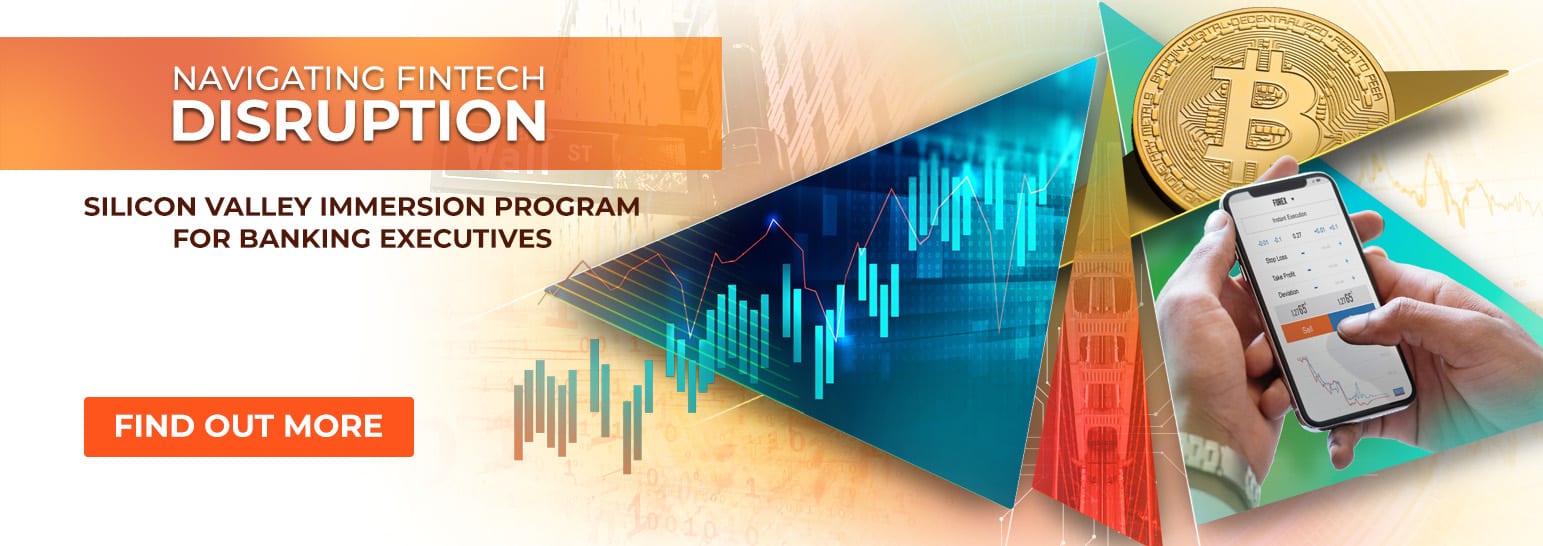Five thousand years ago, a Sumerian farmer recorded the sale of livestock on a clay tablet, setting in motion the finance industry as we know it. The industry has gone through numerous transformations over those five thousand years, but none as big as the one currently underway. With the development and maturing of digital technologies like the internet and commercial software, the financial industry has managed to become one of the most dynamic and vibrant industries in the world. A Fujitsu Global Digital Transformation report found that of all industries surveyed, finance stood out as the most aggressive in the adoption of digital transformation technologies with 89% of finance companies polled planning, testing or implementing digital transformation strategies.
However, there remain systemic challenges in finance. These include fraud, financial modeling and forecasting, and customer experience management. Today, few finance organizations can claim significant differentiation from the competition. While some may excel in one area or another, in general, finance is as homologous an industry as they come. This picture may be set to change as organizations embrace digital transformation. Focus on disruptive technologies like Ai, blockchain, and others has become the prime differentiating factor that finance organizations are rushing towards. In this article, we look at three such disruptive FinTech technologies and the possible applications they have in finance.
Blockchain and Fraud Detection
In a landmark survey that drew participants from 70 countries, PwC found that up to 45% of finance organizations had suffered an economic crime over the duration of the survey as compared to only 34% across the other industries polled. The survey found that among the key threats the finance organizations faced, the top five were asset misappropriation, cybercrime, money laundering, accounting fraud, and bribery and corruption. These challenges represent the core challenges finance organizations face in their operations, with massive investments going into mitigating them. However, a breakthrough technology known as blockchain may hold the key to finally solving this millennia-old problem.
The blockchain is an immutable network of distributed ledgers (records) that each maintains a copy of data. When one block changes, it replicates the changes to all the other blocks. For someone to change one block and hide the changes, they would need to change all the blocks, something that is incredibly difficult. This technology could solve the fraud problem by making it near-impossible for criminals to tamper with records to favor their fraudulent activities. While blockchain implementation is still in its infancy, the theoretical possibilities are very promising. Finance organizations interested in putting the issue of fraud to bed will do well to invest in blockchain experiments.
Big Data and New Service Frontiers
Big data has been a buzzword for the last ten years. Today, the term is getting better quantified as more understanding of data and its possibilities emerges. According to Forrester, of all data collected, organizations analyze or use less than 0.5% of gross collected data. In finance, the possibilities are even more pronounced. Consider the amount of data finance organizations generate as customers interact with various financial services and tools.
As the concept of big data matures, finance organizations can use such data to generate higher-value business advice, perform better planning and forecasting, streamline accounting and compliance, enhance decision making, lower costs and mitigate errors, and decrease risk while generating higher returns. Such options open possibilities for finance organizations to offer better-customized products and services to customers that meet and anticipate needs in a dynamic and evolving manner, shelving the one-size-fits-all approach to service provision. However, the dilemma that remains to be solved to unlock big data gains is disparate siloed data, which currently makes it difficult for finance organizations to generate a single view of organization-wide processes.
Ai and Customer Experience Management
Within Ai, Voice-as-a-Channel is taking off across consumer industries. Spearheaded by the development and rapid evolution of Ai-driven devices like the Amazon Echo, iPhone and Google Home that have brought AI assistants to the masses, organizations are scrambling to develop business use cases for smart assistants. In finance, Bank of America’s Ai assistant Erica is one such example of the role Ai assistants will play in the future. Currently, Erica can help users perform simple voice-activated tasks like inter-account transfers, P2P payments, and bill queries. Such tasks, however, only represent the tip of the iceberg of what is possible.
Consider the National Australia Bank (NAB), which through its innovation lab NAB Labs, is working at integrating Amazon Alexa into its financial services. The partnership would blend the access Alexa has to users’ personal lives with their financial transactions. This level of visibility could potentially turn Alexa and similar Ais into personal financial planners able to advise users on the best financial decisions to make. Further, finance organizations can use this data to build even more sophisticated products and services for customers, opening new revenue streams. Such a transformative customer experience would provide finance with the key differentiating factor that has so far proven elusive.
Conclusion
Unlike other industries, finance may have the highest stakes when it comes to embracing digital transformation. Facing mounting pressure from digital currencies like Bitcoin, increasing scrutiny by legislators, and the commoditization of fraud and cybercrime, finance sector players must, as a necessity, forge forward with digital transformation agendas. Such a push holds even greater promise for smaller players in the sector, who can disrupt incumbents by deploying digital-first finance experiences as is the case with Lemonade insurance. Established companies will need to be on the lookout for such disruptive technologies as startups, and other more-nimble competitors throw all their chips on the table with the hope of cashing in big when the digital-first economy goes mainstream.
